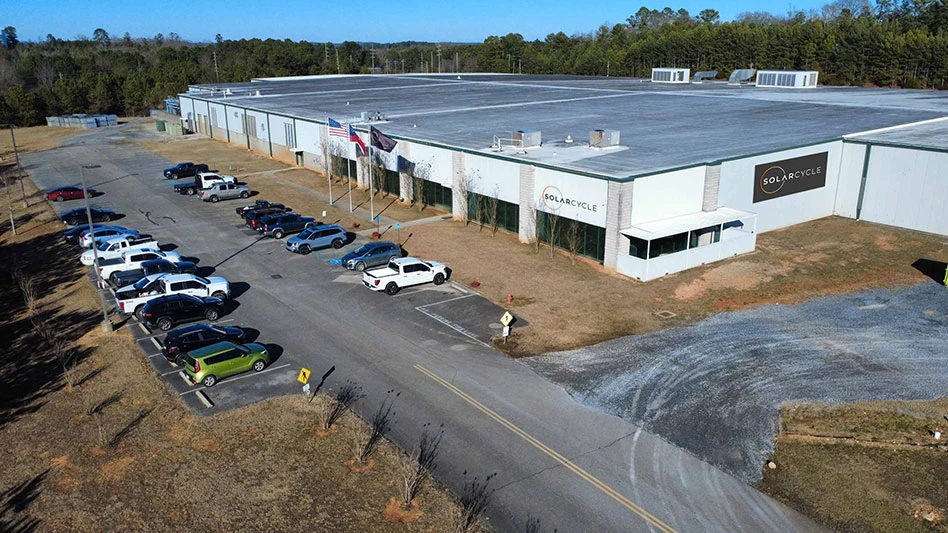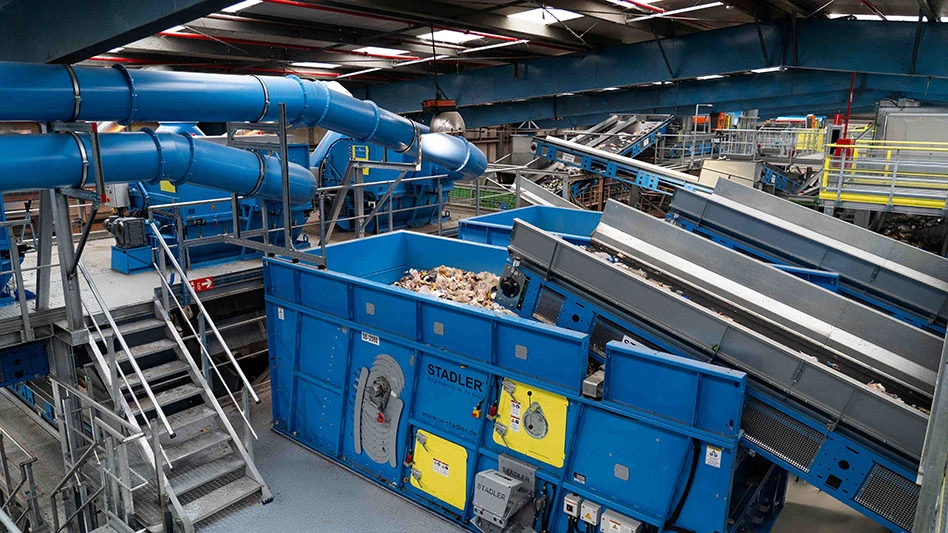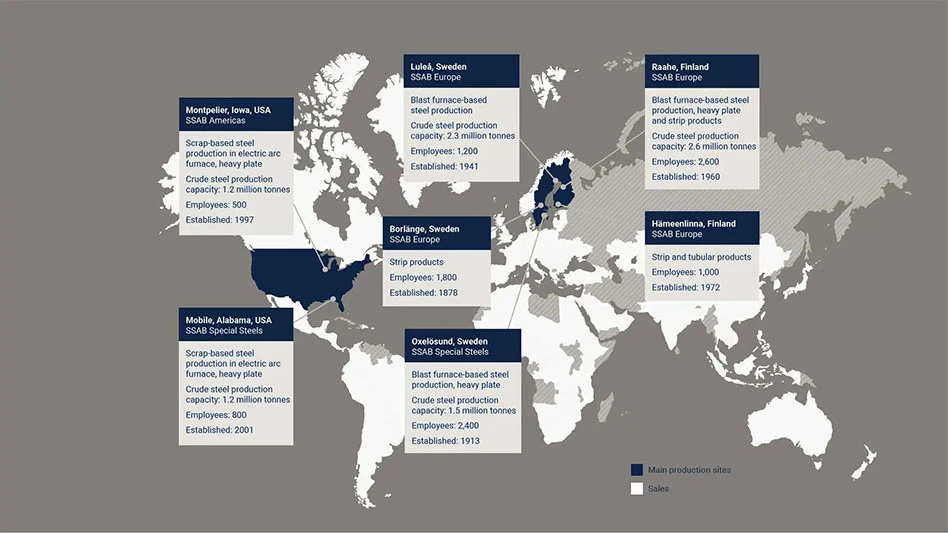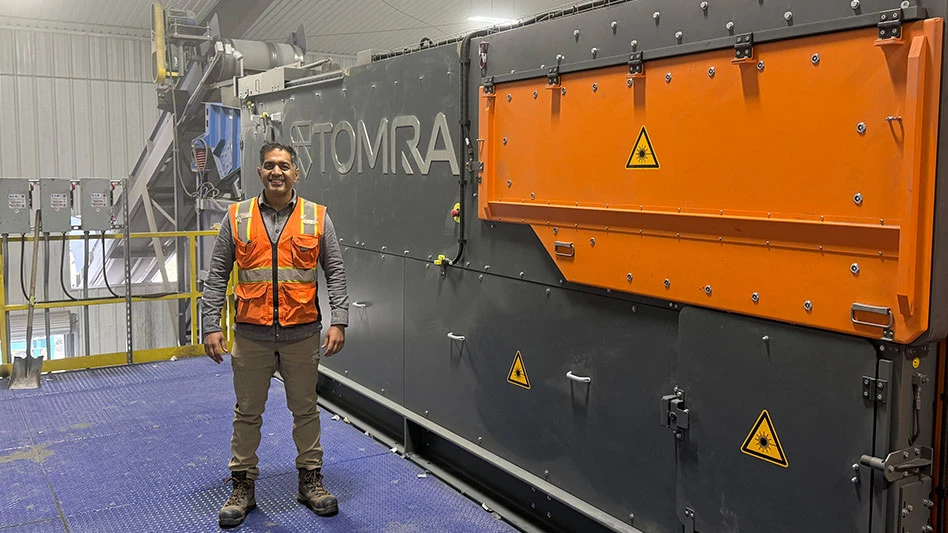When scrap materials are hauled from one location to another, there are potential dangers and pitfalls. Motorists in the Cleveland area became all too aware of this during this past winter, when scrap metal clips leaked onto area highways no less than three times, causing clusters of stranded motorists with flat tires.
In two of these incidents, the scrap recycling company involved apologized for the incidents and set up a means to work with insurance companies and motorists who suffered flat tires to take responsibility for the damages.
Fortunately, there were no reported injury-causing accidents related to the flat tires. The results when extremely heavy loads become unfastened can be much more devastating. In Toledo, Ohio, less than a decade ago a steel coil broke loose from the flatbed trailer that was hauling it, killing a trailing motorist.
Addressing these highway safety concerns, the Federal Motor Carrier Safety Administration section of the U.S. Department of Transportation (DOT) has been proposing, modifying and now enacting a series of standards for cargo securement.
Among the transported items singled out by these standards are flattened auto hulks. (The roll-off, hooklift and intermodal containers that are often used by recyclers are also addressed.) Whether based on reported incidents or fears of what could happen, the DOT apparently felt flattened auto hulk transportation was one of the areas that needed additional safety requirements.
For the most part, the industry has been receptive to the additional guidelines. Recyclers are often willing to lobby against pending regulations, or at least to speak up in terms of having a say as to how and when regulations take effect and are enforced.
To some extent, that was done with these DOT cargo securement standards, with industry groups advocating an achievable timetable and uniformity of laws and enforcement throughout the NAFTA trading zone.
But on the core issue, most recyclers have taken the position that a set of responsible standards that can save lives and protect property will ultimately do more good than harm for the industry. Such an attitude is a welcome and responsible one when safety issues are involved.
It may be tough for the scrap industry to gain friends among the Cleveland motorists who had to change tires along an interstate highway in sub-freezing temperatures. Adhering to responsible hauling standards, however, can help recyclers prevent future incidents and reduce their chances of garnering negative publicity.

Explore the April 2003 Issue
Check out more from this issue and find your next story to read.
Latest from Recycling Today
- Flexible Film Recycling Alliance report outlines progress
- RERF opens Avagliano award nominations
- Eriez expands European sales network
- Gränges increases sales volume in 2025
- Aduro selects Netherlands as site for industrial scale-up facility
- Nasco-Op declares dividend
- Cyclic Materials announces plans for South Carolina campus
- WM reports revenue, earnings growth in Q4 and full-year 2025





